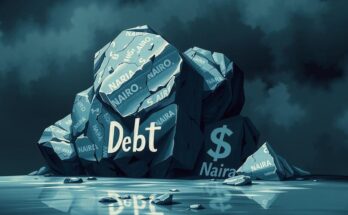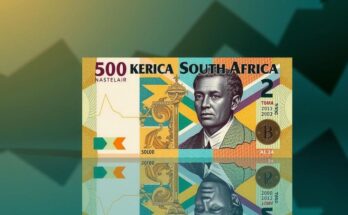El Salvador has reversed its cryptocurrency laws that made bitcoin legal tender as part of a deal for a $1.4 billion loan from the IMF. The reversal allows businesses to choose whether to accept bitcoin and removes the option to pay taxes in bitcoin. President Bukele’s plans to transform the economy through bitcoin failed to materialize, leading to significant costs without widespread adoption among the populace.
In 2021, El Salvador gained global recognition by becoming the first nation to legalize cryptocurrency as tender alongside the US dollar. However, the country has since reversed these policies as it sought a $1.4 billion loan from the International Monetary Fund (IMF), stating that businesses are now free to choose whether to accept bitcoin and taxes can no longer be paid in the cryptocurrency. The IMF stated that this decision significantly reduces the potential risks associated with bitcoin, marking the end of its status as legal tender in El Salvador.
President Nayib Bukele’s initiative was aimed at transforming El Salvador into a “surfing and cryptocurrency paradise,” which included ambitious plans for a “Bitcoin City” powered by geothermal energy. He asserted that cryptocurrency would integrate the 70% of Salvadorans without traditional banking services into the financial system, dismissing warnings regarding the volatility risks tied to cryptocurrencies.
The IMF had consistently opposed Bukele’s bitcoin adoption, indicating that such legislation would hinder financial assistance, especially considering El Salvador’s precarious economic situation. The legal status of bitcoin had raised concerns about implications for money laundering, contributing to the IMF’s reluctance to lend funds while bitcoin was legally recognized.
Despite El Salvador being a hub for the global bitcoin community, the enthusiasm has diminished significantly. According to local journalist Joe Nakamoto, uncertainties regarding the nation’s bitcoin future have emerged, with many bitcoin enthusiasts moving back or doubting the potential for success. The overall impact of bitcoin adoption has been considered more detrimental than beneficial, leading to significant losses estimated at approximately $375 million. Many Salvadorans did not partake in using bitcoin, with surveys revealing that 92% had no involvement last year.
Critics have noted that Bukele’s focus on cryptocurrency has not alleviated the country’s economic challenges. The lofty ambitions tied to bitcoin adoption have largely gone unrealized, with investments and tourism failing to materialize significantly, revealing a disconnect from reality after the initial fervor.
In summary, El Salvador’s experiment with bitcoin as legal tender has ultimately led to a rollback of these policies as the nation seeks financial stability through the IMF. The initial excitement surrounding bitcoin’s potential to revitalize the economy has waned, exposing significant costs and a lack of widespread adoption among Salvadorans. President Bukele’s aspirations for a digital currency-driven transformation of the economy have not only faced significant setbacks but have also contributed to ongoing economic difficulties for the nation.
Original Source: theweek.com




